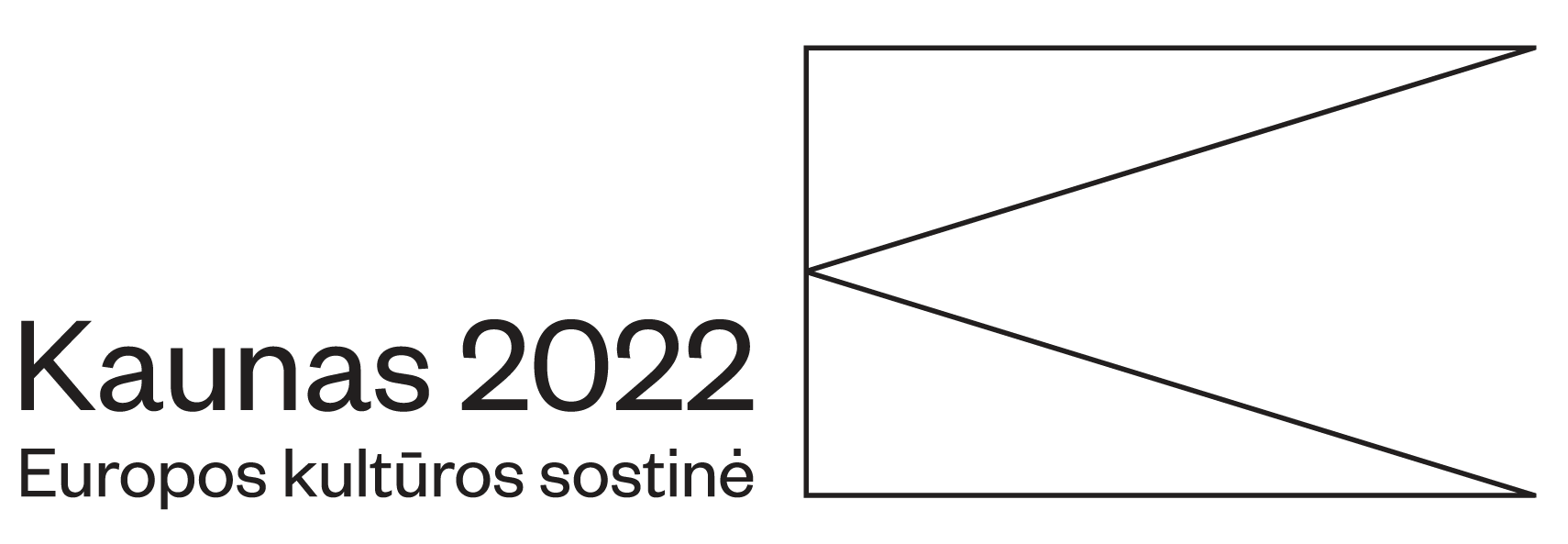What comes to your mind when you first hear the word “design”? Is it a high fashion collection? Colours? Maybe forms or interior? Design can go far beyond that – using design thinking, businesses look for future investment directions, while organisations and public authorities rethink infrastructure that could be tailored to people with different needs, reducing social exclusion or addressing sensitive social and mental health issues.
The international Kaunas Design Event organised by “Kaunas – European Capital of Culture 2022” will last all week when tarting on October 23. The theme of this event, the city of the present future, draws attention to the fact that we are creating the cities of tomorrow today. In 2050, our planet will become home to as many as a third more people than today. Of the 9.2 billion, 70 per cent of the population will be located in cities. As the population grows and cities become denser, architects, urban planners, designers and developers all around the world are looking for answers to what the cities of the future will look like: how they need to be planned today so that we can live in them harmoniously and sustainably tomorrow. These and other topics will be addressed at an international Design Event.
Visionaries, representatives of the design field and politicians, creators and architects will meet in brainstorming sessions, workshops, live conversations and discussions to talk about the importance of design and its impact on our daily lives. Many of the events will be streamed live and be available on “Kaunas 2022” Facebook account for our visitors.
One of the most exciting events, “Fantasy of Pandemic”, is an exhibition of design artefacts and ideas from cities all around the world, which will be held in various public spaces of Kaunas: cafes, museums, and streets. The exhibition will last for a week and will introduce both practical and utopian solutions created by designers from France, Switzerland, Germany, Sweden, Lithuania, and other countries. Many of the designs were inspired by the challenges in our social lives created by the pandemic. Can design solutions help us maintain social distance on a street, safely visit a coffee shop or a sports club? Can a certain design help those in isolation to feel the presence of a loved one? The locations of the artefacts will be available on the website www.dizainaskaune.lt.
The organisers will also present an exhibition “Genetic Resonance” by Katryna Čiurlionis. The artist, a granddaughter of famous Lithuanian artist Mikalojus Konstantinas Čiurlionis, looks at our gene combinations not as a scientist but as a space designer and transfers the linear gene structure to the spatial image. City residents and guests will be able to see her works on the wall of Mykolas Žilinskas Art Gallery on 23–26 October from 6 p.m.
Meanwhile, during the scientific prototyping seminar “Kaunas Futures”, including the discussions of Lithuanian design policies “Design Coffee” and the international discussion “Design Tribune”, experts will address the challenges of future cities and society. Among many other topics, questions concerning a city as a good client, the opportunities of public interest in public space, how to plan cities of the present future, how to create an environment that is adaptable to communities and reduces social exclusion will be discussed. The participants will debate whether Lithuania can become a country of design and design professionals from different countries of the world will share their insights and experiences on how, for example, changing the design of the bridge may reduce the number of suicides in the city.
“Adaptive Capsule” is another event which combines a workshop and a competition of creative ideas, where participants will create mobile structures/objects that will provide protection against adverse weather conditions and/or viruses and ensure safe communication indoors. In a pandemic situation, there is still a need organise events in spaces where human safety is ensured. Designers, gathered together from different fields, will have to create modular structures that can be adapted for cafes, markets, companies or events.
What kind of design event would it be without a designer taking a glimpse at our wardrobes? By calling for a “change of fur” a sustainable fashion initiative Upcycled by LT will close Kaunas Design Event and present the final images of the project #TvarinkSpintą: a collection created specifically for ten people from items revived to life or remnants of the consumption chain. #TvarinkSpintą listened to everyone’s needs and created clothing models for long-term wear.
The programme of the event, which will be held in Kaunas, a UNESCO City of Design and a member of UNESCO Creative Cities Network, can be found here.
Photo by „Urban Greening“ programme „Daza Module“ (Queretaro, Mexico)

